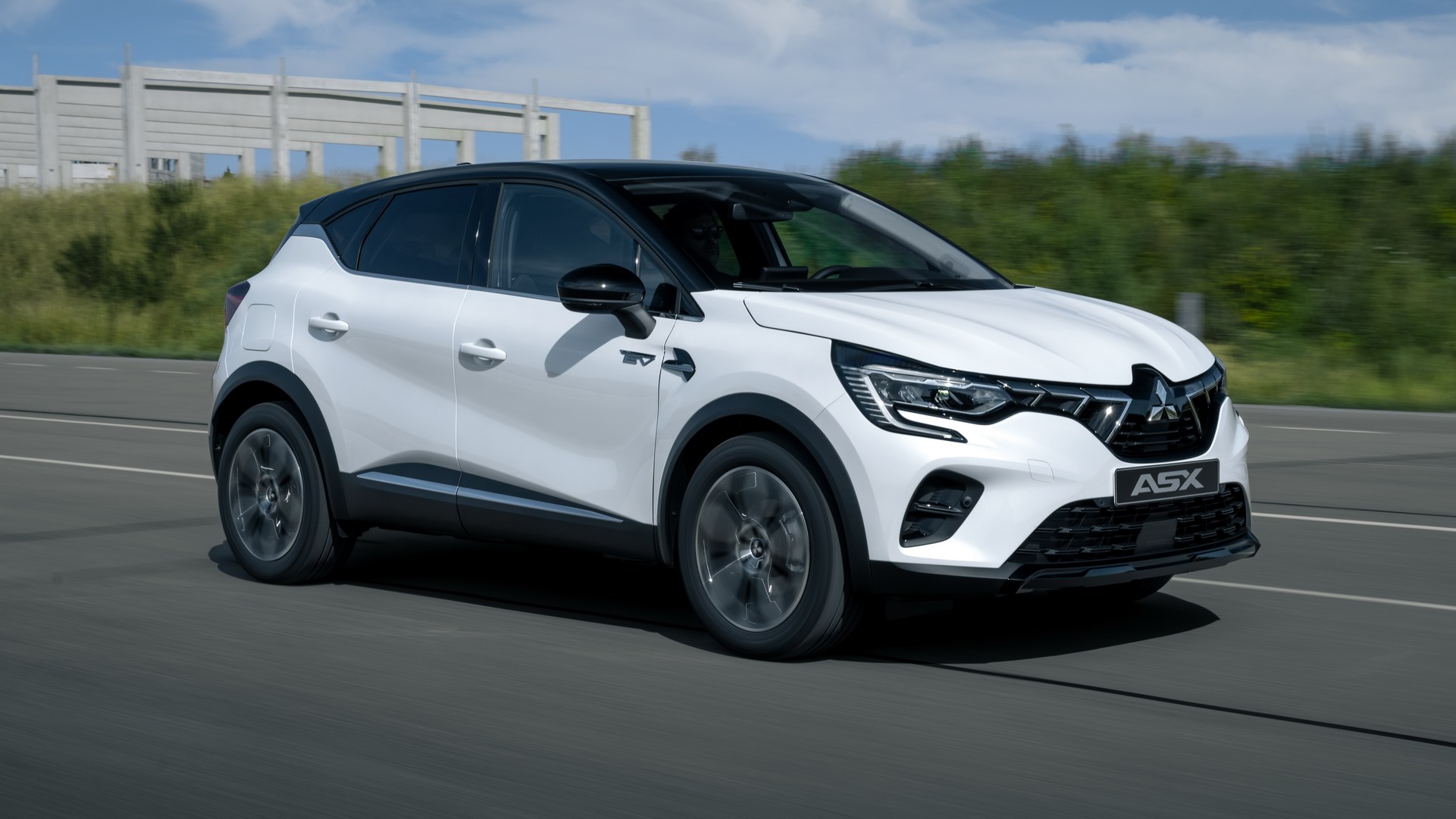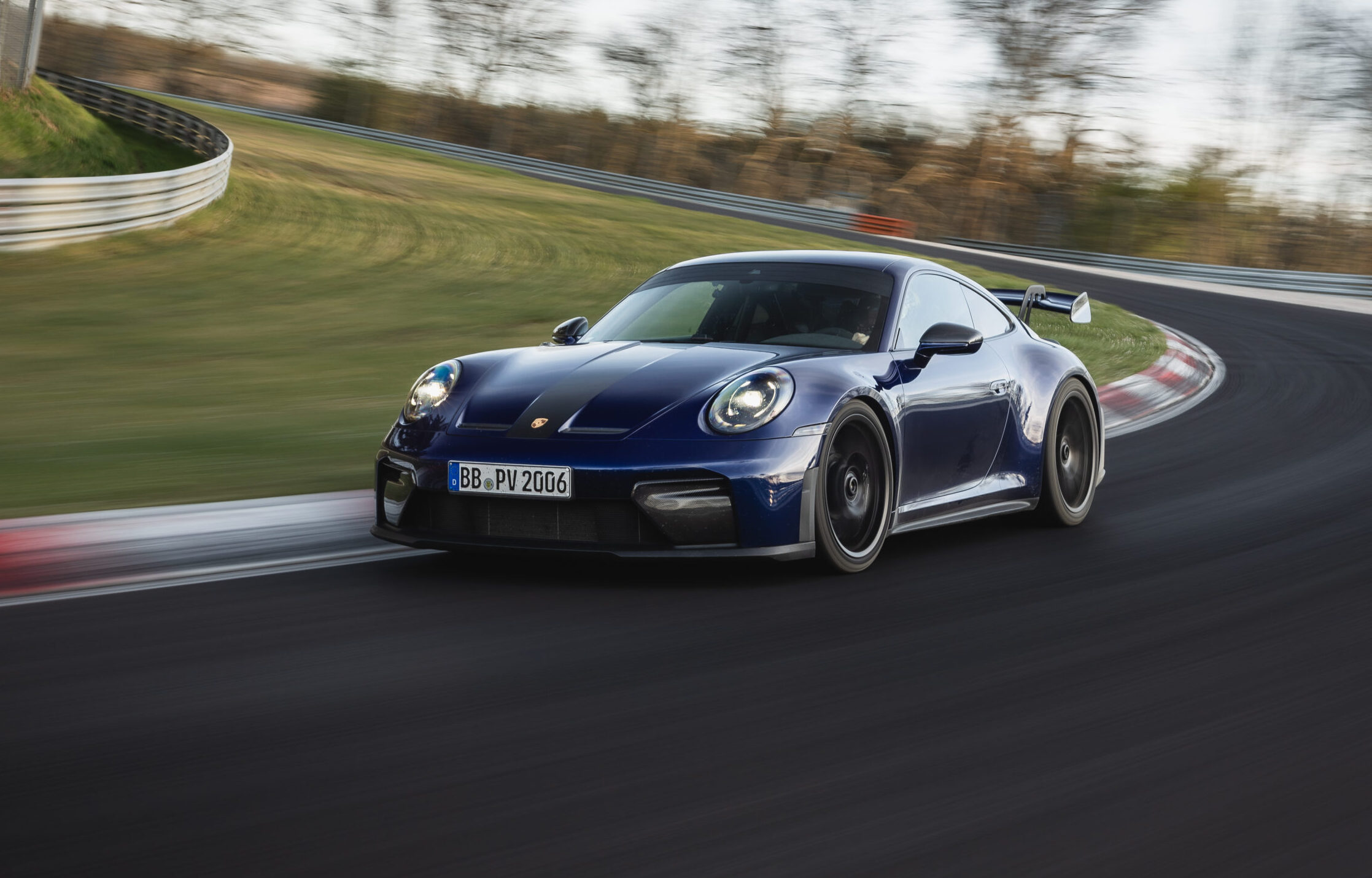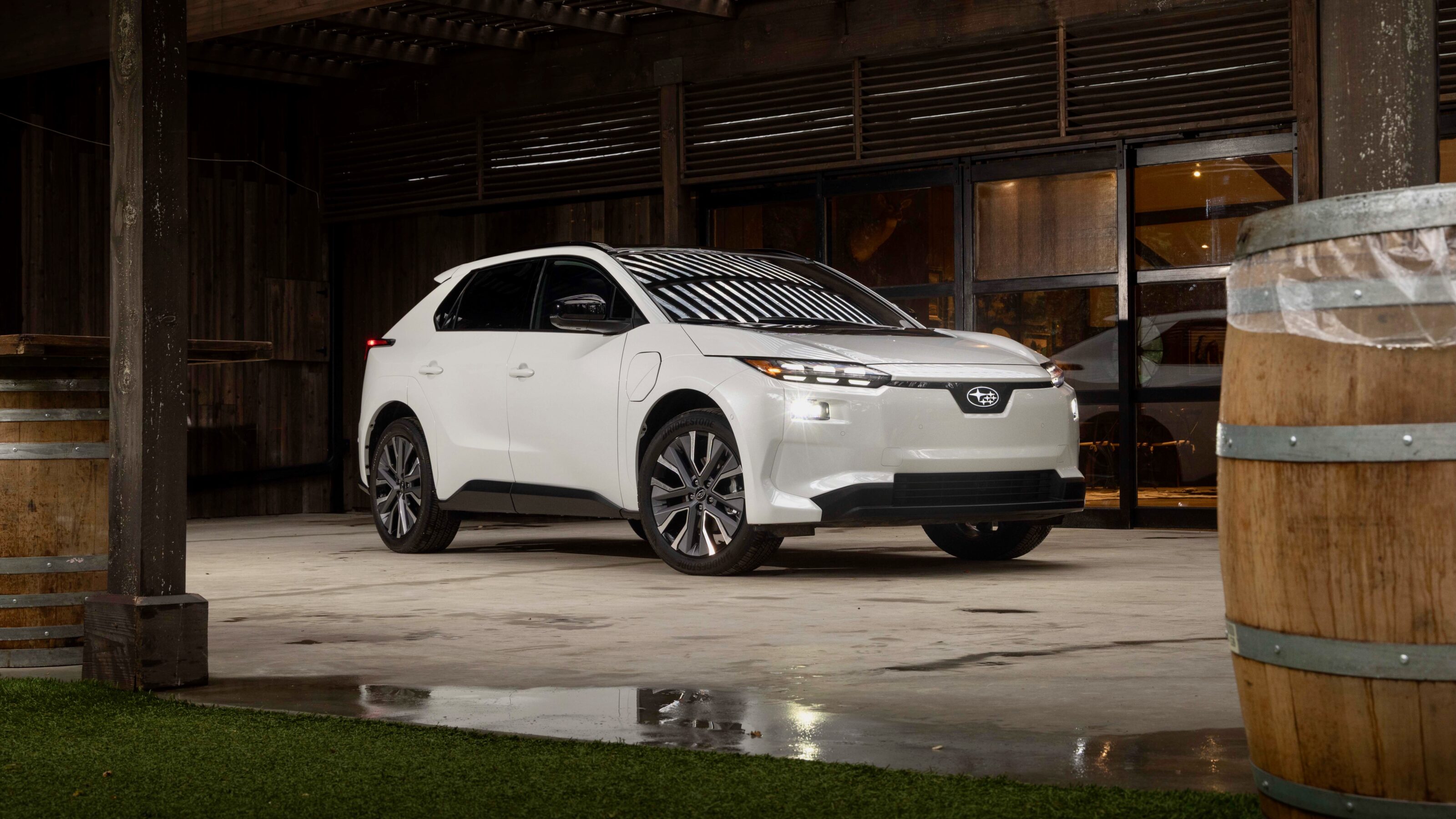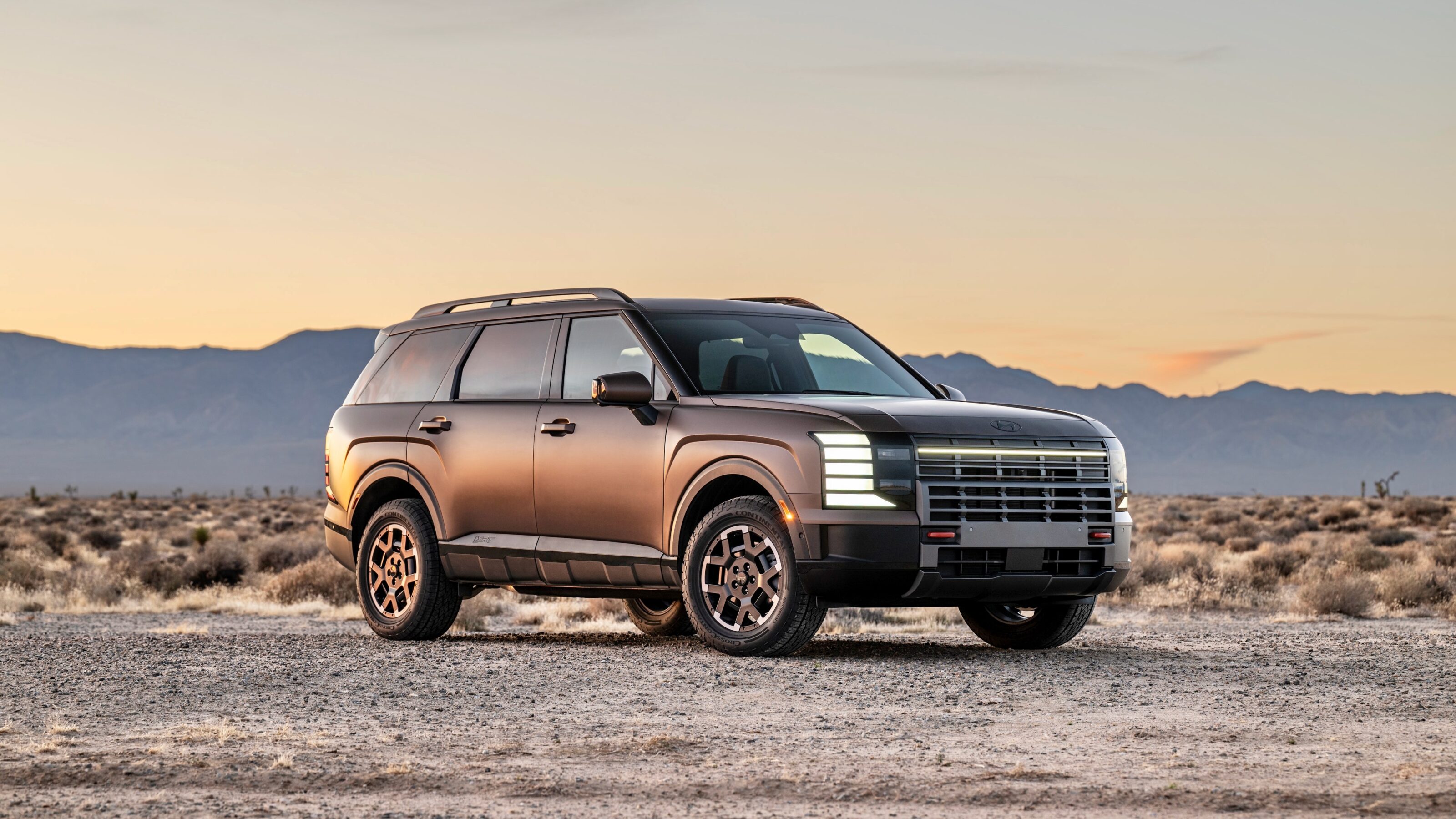“Our customers are still really excited about current-gen ASX, and we do look at bringing the right product to the right market at the right time”
Snapshot
- New ASX shares parts with Renault Captur
- Plug-in and self-charging hybrid powertrains
- No immediate plans to introduce new ASX in Australia
The new-generation 2023 Mitsubishi ASX has been revealed for Europe, packing the option of plug-in, self-charging and mild-hybrid powertrains.
Regular readers will recognise the new ASX as a re-badged version of the Renault Captur, using the same Alliance CMF-B platform and styling.
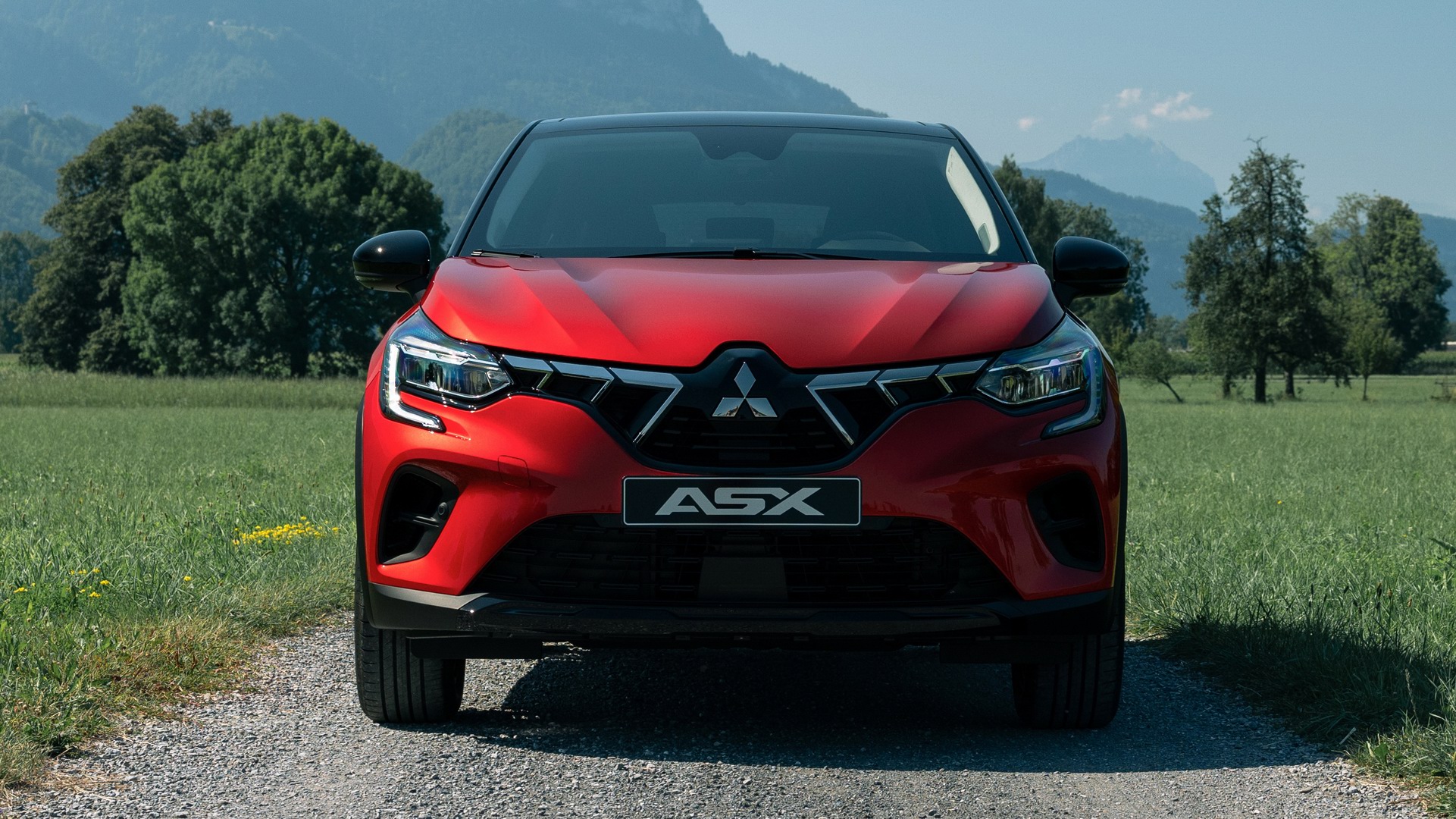
Mitsubishi has tweaked the ASX’s fascia with a subtle nod to the brand’s ‘Dynamic Shield’ grille design, but the similarities between ASX and Captur are hard to miss.
In a rare twist, the 2023 ASX is smaller in every dimension than the 12-year-old car it replaces, measuring 4228mm long, 1797m wide and 1573mm tall against the older model’s 4365mm, 1810mm and 1640mm.
The new ASX will be produced exclusively in left-hand drive – at least initially – so it won’t come to Australia.
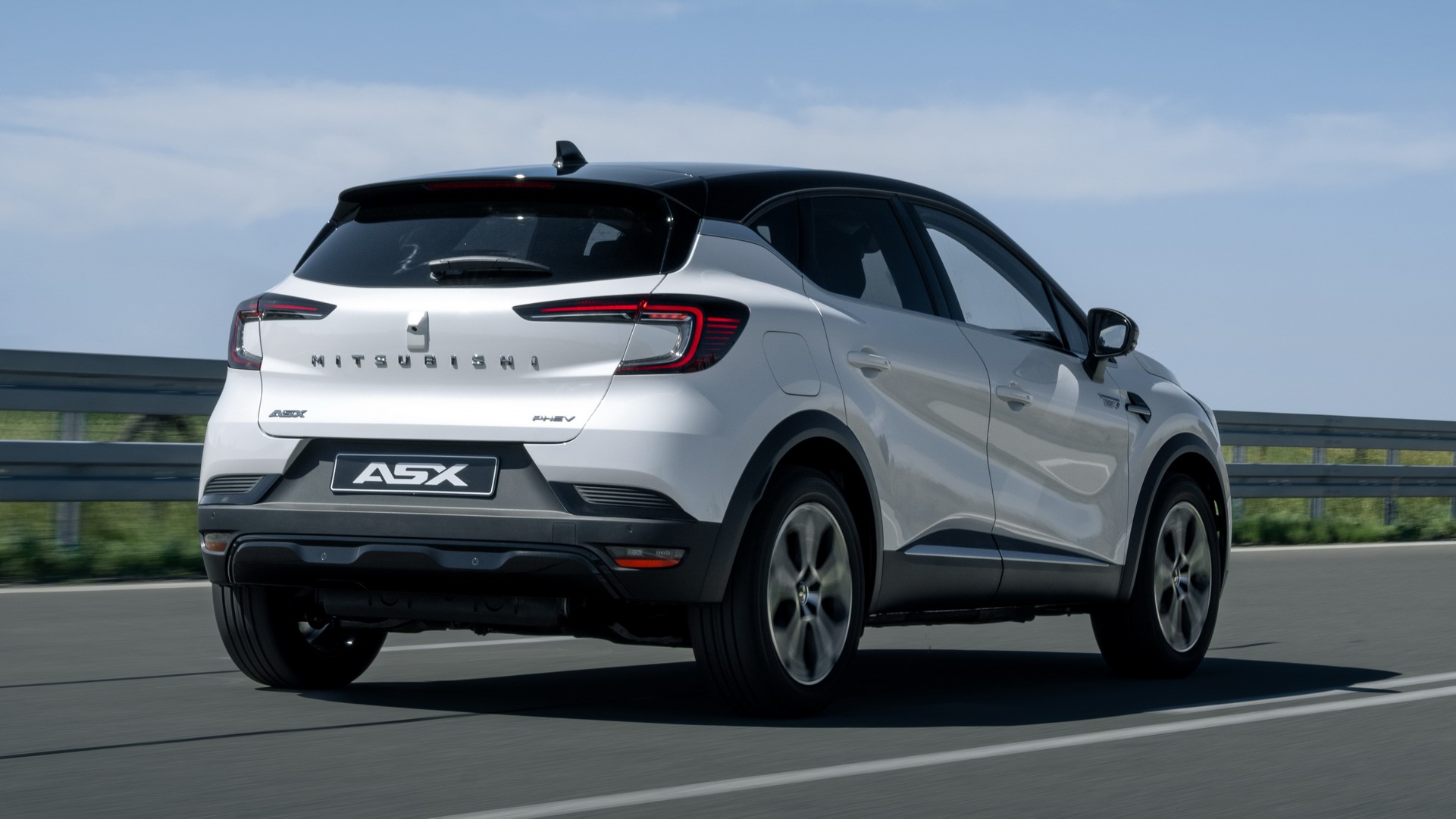
Mitsubishi has been hinting at a new-gen ASX for nearly a year, but the Australian arm will continue with the existing model.
An Australian-market MY23 update for the strong-selling ASX is expected soon.
Speaking to media at the Outlander PHEV launch in August 2022, Mitsubishi Australia CEO, Shaun Westcott, said: “our customers are still really excited about current-gen ASX, and we do look at bringing the right product to the right market at the right time.”
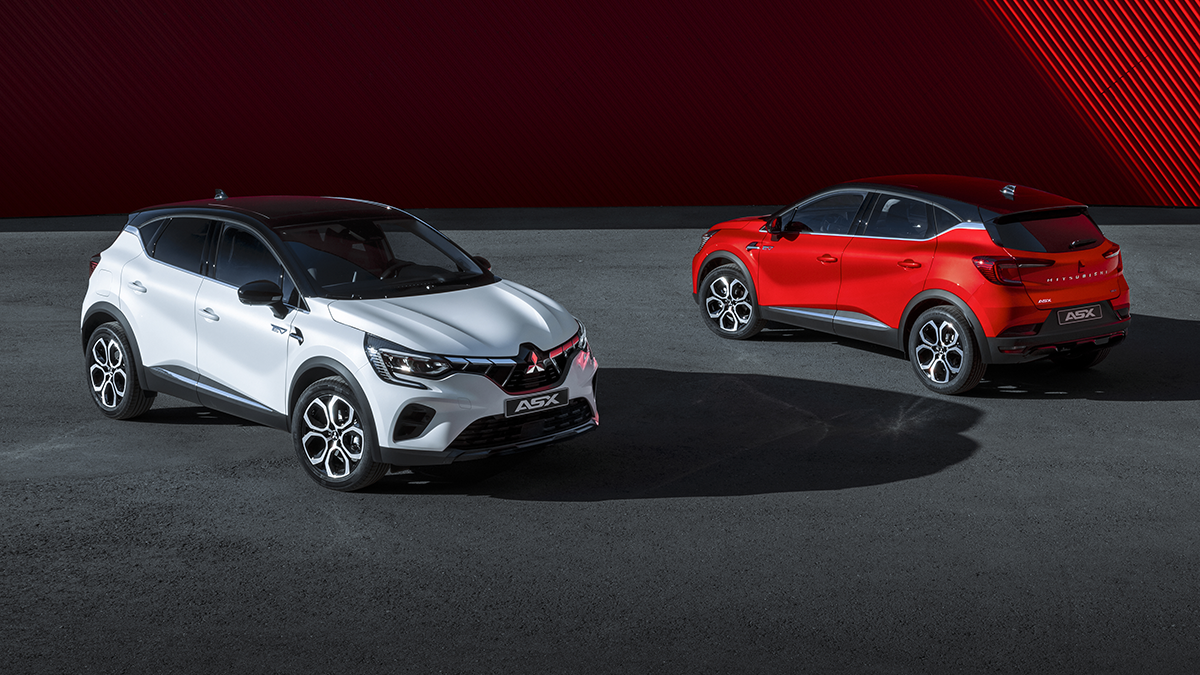
2023 Mitsubishi ASX powertrains
The 2023 Mitsubishi ASX offers a trio of hybridised engines. The flagship plug-in teams a 1.6-litre petrol four-cylinder with two electric motors and a 10.5kWh battery for 117kW of power and about 49km of electric-only driving range.
Below the PHEV sits a traditional hybrid using the same petrol engine, again with two electric motors, though this time with a lower 105kW output and 1.3kWh battery with a ‘multi-mode’ automatic transmission.
Mitsubishi is yet to report detailed fuel economy figures for the ASX hybrids. For context, the Renault Captur E-Tech hybrid is rated at 4.2L/100km in WLTP testing, indicating an ASX hybrid would come very close to a Toyota Yaris Cross hybrid (4.0L/100km ADR 81/02).
The new ASX can be had with two more powertrains in Europe: a 12V mild-hybrid 1.3-litre turbo-petrol four-cylinder with 103kW and a 1.0-litre turbo-petrol three-cylinder with 67kW.
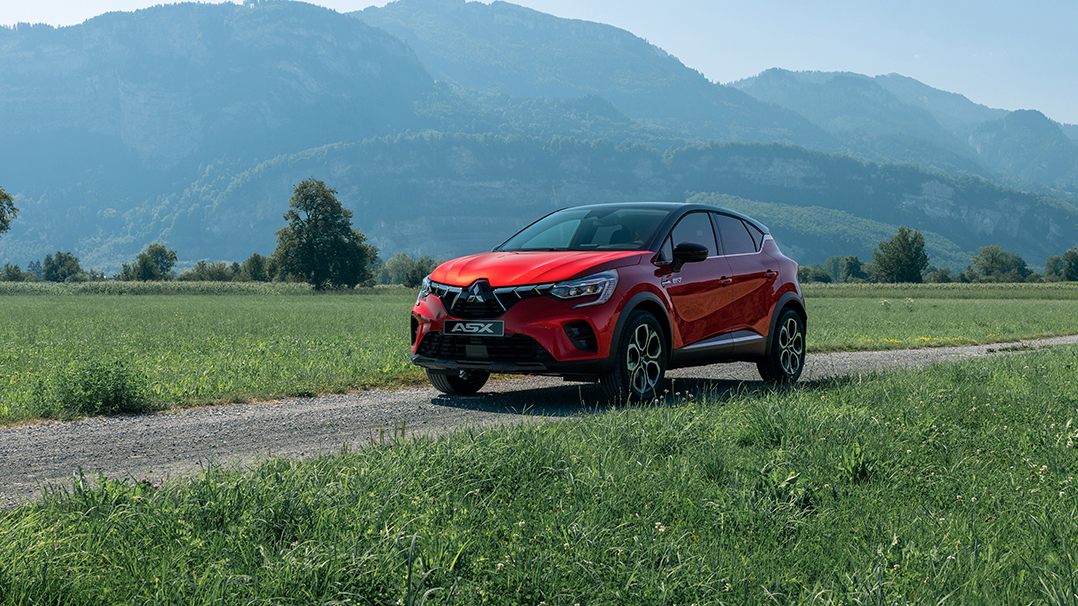
Inside Europe’s new ASX
Directly lifted from a Captur, the European ASX’s up to 9.3-inch portrait-oriented touchscreen looks a lot crisper than the current car’s 8.0-inch screen. The 2023 ASX also features wireless Apple CarPlay and Android Auto.
Further niceties include customisable ambient lighting and selectable drive modes.
Built-in navigation features on upper trims of ASX, with 3D functionality, and can display on a 10.25-inch digital driver’s display. Lower trims will feature analogue dials and a 4.2-inch TFT screen between.
The rear seat can slide fore-and-aft to preference occupant or cargo space. Boot space in the Euro-market 2023 Mitsubishi ASX is rated between 332L-401L depending on the position – better than the current car’s 392L.
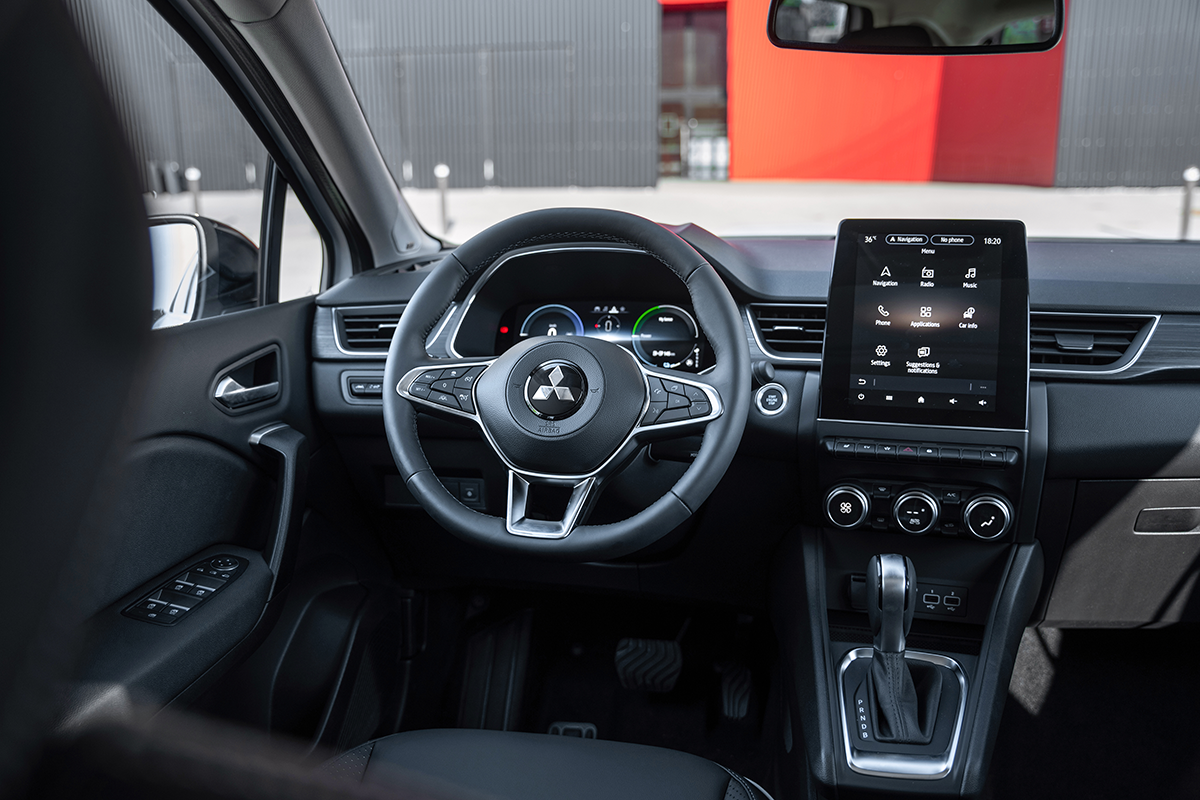
How safe is the new ASX?
Mitsubishi Australia invested in upgrading the current ASX’s side intrusion bars to meet ADR crash requirements from November 1, 2021.
The new Europe-bound car features more advanced safety assist programs, including front AEB with pedestrian, cyclist and cross-traffic detection, reverse AEB, and lane-keep assist across the range.
Higher-trim ASX variants will feature blind-spot monitoring, rear cross-traffic alert, adaptive cruise control, lane-tracing and automatic high beams.
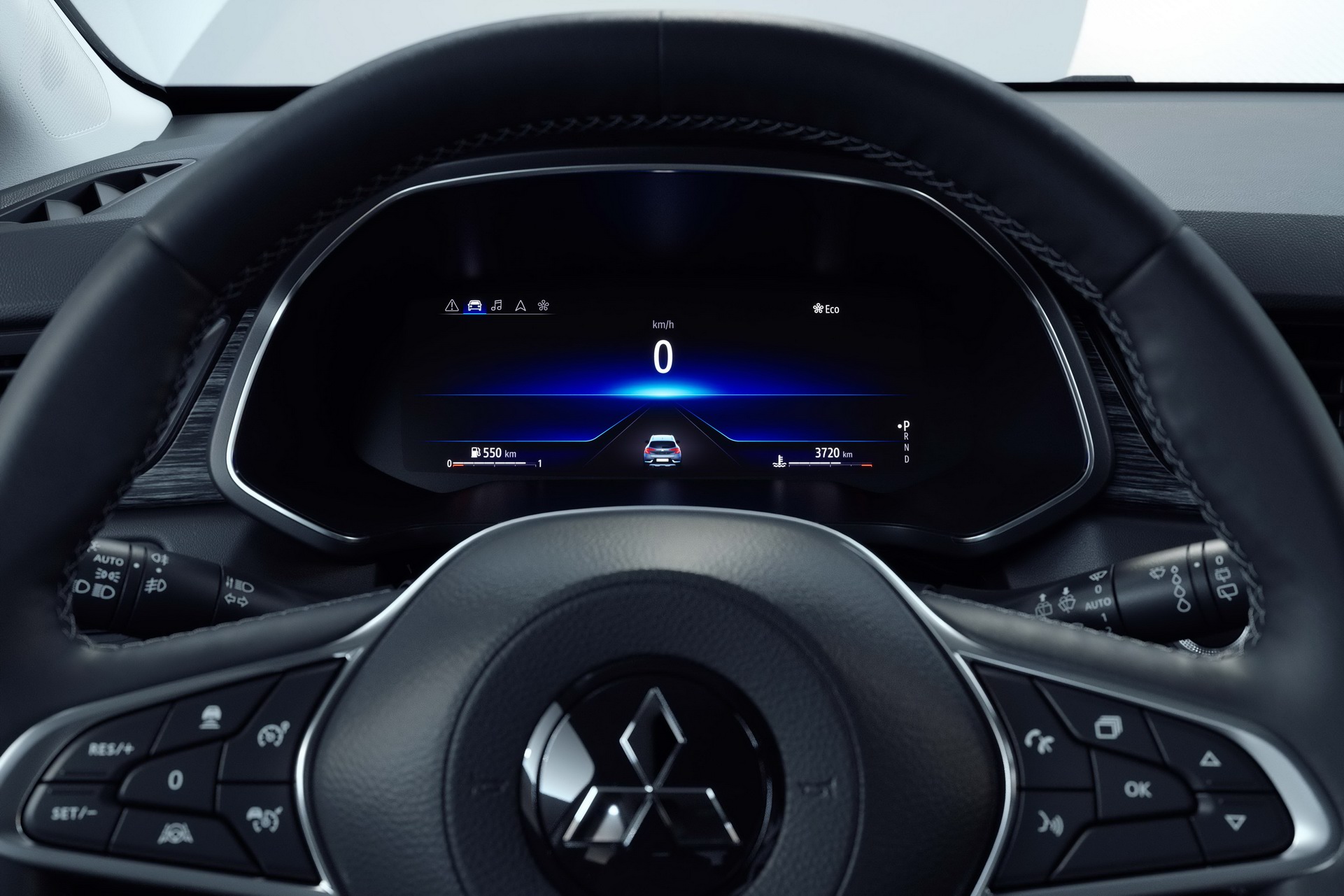
Will the new 2023 Mitsubishi ASX come to Australia?
The 2023 ASX will go on-sale in Europe in the second quarter of 2023. It is unlikely the new SUV will come to Australia immediately, with Mitsubishi Australia not confirming plans for the new ASX.
The current model continues to sell well in Australia, with a value-focused approach bringing it to 7797 sales year-to-date. That number makes the ASX the second-best selling small SUV in Australia, after the runaway success that is the MG ZS – with 13,072 sales year-to-date.
Small SUV sales in Australia
| SUV Small | 2022 YTD | 2021 YTD |
|---|---|---|
| Citroen C4 | 79 | 0 |
| GWM Haval H2 | 3 | 1,965 |
| GWM Haval Jolion | 4,614 | 1,786 |
| Honda HR-V | 3,419 | 4,282 |
| Hyundai Kona | 8,355 | 9,459 |
| Jeep Compass | 1,259 | 645 |
| Kia Niro | 789 | 282 |
| Kia Seltos | 6,267 | 6,323 |
| Mazda CX-30 | 11,036 | 9,347 |
| Mazda MX-30 | 542 | 688 |
| MG ZS | 13,072 | 12,579 |
| Mitsubishi ASX | 7,797 | 9,134 |
| Mitsubishi Eclipse Cross | 4,746 | 4,059 |
| Nissan Qashqai | 9 | 5,451 |
| Peugeot 2008 | 257 | 364 |
| Renault Arkana | 943 | 52 |
| Skoda Kamiq | 1,029 | 1,612 |
| Subaru XV | 5,688 | 6,799 |
| Suzuki S-Cross | 152 | 234 |
| Suzuki Vitara | 1,789 | 2,579 |
| Toyota C-HR | 5,555 | 5,187 |
| Volkswagen T-Roc | 1,648 | 3,483 |


